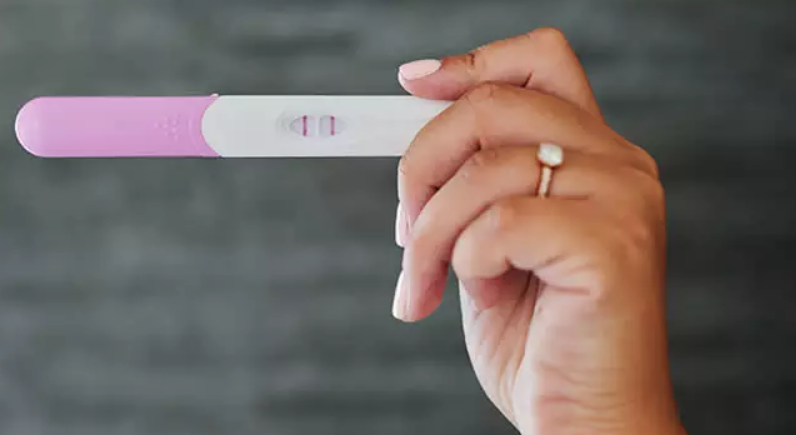You know how important it is to get a good night of sleep if you want to lose weight. Did you know that getting better sleep can help you lose weight. It’s true!
These are just a few ways better sleep can help with your weight loss goals. Your body will be able to recover from the day’s activities, and repair any damage, if you get enough sleep. This is crucial for weight loss.
A second benefit is that you will be more energetic to exercise if you are well-rested. This is an important benefit for weight loss. Good sleep is a key factor in reducing stress levels.
Stress can cause emotional eating and a craving for unhealthy food. You can avoid these pitfalls by reducing stress and staying on track with your diet.
Weight loss has many benefits, including better sleep. Weight loss can result in a decrease in body fat, which can help you sleep better and snore less. Additionally, weight loss can help to improve sleep apnea (a condition that interrupts breathing during sleep).
It’s important to lose weight if you are carrying extra weight for your health and quality of sleep.
Credit: www.everydayhealth.com
What are the benefits of weight loss for better sleep?
Weight loss is a great way to get better sleep. Obese and overweight people are more likely to suffer from sleep apnea. This is a condition where breathing is disrupted during sleep. Weight loss can reduce the severity of sleep disorder and improve your quality of sleep.
Additionally, extra weight can cause strain to your body and make it difficult for you to fall asleep and get comfortable. This pain can be relieved by losing weight, which will make it easier for you to sleep well at night. Being overweight can increase your risk of developing severe health conditions such as stroke, heart disease, and diabetes.
Weight loss can reduce your chances of developing these conditions, and it can also improve your overall health.
How can weight loss improve my sleep quality?
Extra weight can affect your sleep quality in multiple ways. An excess weight can lead to snoring and sleep apnea. Even a slight weight loss can make a big difference in your sleep quality and allow you to get the rest that you need.
Sleep apnea refers to a condition where breathing is interrupted during sleep. This condition is often linked to obesity. Research has shown that weight loss can decrease the severity and improve sleep quality. Excess weight can also lead to restless legs syndrome (RLS).
RLS is characterised by an insatiable urge to move your legs. This makes it difficult to fall asleep and stay asleep. Research has shown that weight loss can reduce symptoms and improve sleep quality. Talk to your doctor if you are experiencing any of these symptoms. There are safe and effective ways to lose weight.
Losing weight can improve your sleep quality and provide many health benefits. It’s worth the effort.
How can I lose weight to help me sleep better?
Extra weight can have a number of effects on your sleep. Your body can be put under strain by excess weight, which can cause pain and discomfort that make it difficult to fall asleep at night or stay asleep. Being overweight can also lead to sleep apnea or restless leg syndrome. Both of these conditions are associated with poorer quality sleep.
These issues can be alleviated by losing weight. It will also improve your quality and quantity of sleep. It is not an easy task to lose weight. It takes dedication, perseverance, and hard work.
If you are serious about improving your sleep quality, it is worth the effort. These are some tips to help you get started. Reduce calories.
This is the most important step in any weight-loss journey. To lose weight, it would be best to create a calorie deficit. This means that you eat fewer calories than your body requires for energy. This can be done in many ways, but the easiest is to track your caloric intake daily and reduce it by 500-1000 calories each day.
2. Include more exercise into your daily life. Exercise is not only good for your weight, but it also helps you sleep better. You should aim to exercise for 30 minutes every day. If you aren’t able to do that, break it down into smaller sessions of 10-15 minutes.
Exercise too close to bedtime can cause the opposite effect, making it more difficult to fall asleep at night. 3. Choose healthy foods
How much weight you have and how well your sleep quality are affected by what you eat. You will gain weight by eating a lot of sugary snacks and sugary drinks. This can also increase the chances of getting sleepless nights due to blood sugar crashes and excessive caffeine. Consuming lots of nutrient-rich whole foods such as fruits, vegetables and lean protein sources, healthy oils, and complex carbs will give your body the nutrients it needs to function at its best. It is important to stay hydrated for your overall health. But did you know that it can also aid in weight loss? When you drink enough water, your kidneys don’t have to work overtime tousing stored glycogen for energy production, which then leads to pounds being released via urine… In addition to hydrating yourself, drinking water before meals have been shown to move throughthesystemfasterwhich them leads to a smaller calorie intake since you’ll feel fuller sooner without overeating. Finally, chronic dehydration has been linked to trouble sleeping, so be sure topackuponH20duringtheday!
Corporis
The best time to sleep to lose weight
There is no one-size fits all solution when it comes to weight loss. Experts agree that adequate sleep is an important part of any weight loss program. Sleep may be beneficial for weight loss.
First, if you are well-rested, it is easier to find the motivation and energy to exercise. For losing weight and burning calories, exercise is vital. Sleep is also important for controlling hunger and appetite.
Ghrelin is a hormone that increases hunger and can be produced more if you don’t get enough rest. Good sleep habits can reduce ghrelin levels and curb your cravings for unhealthy food. Quality sleep is essential for proper metabolism function.
Your body’s metabolism plays an important role in how fast or slow it burns calories. Your metabolism will slow down if you don’t get enough sleep. This can make it more difficult to lose weight. How much sleep are you able to get if you’re looking to lose weight?
Experts recommend that you sleep seven to eight hours each night for optimal health and weight reduction. If you have been sleeping less than usual lately, it is time to get some rest.
Conclusion
You may not get the quality sleep that you deserve if you are carrying extra weight. Research has shown that obese people are more likely suffer from sleep apnea or other sleep disorders. Weight loss can improve your overall health and sleep quality.















Leave a Reply